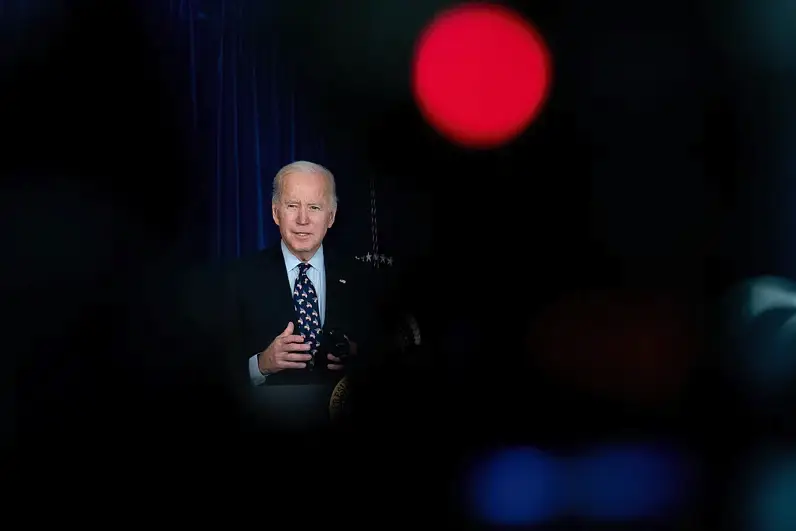In December of 1823, US President James Monroe inaugurated the famous Monroe Doctrine to avoid European interference in Latin America. Two hundred years later, the US foreign policy for its southern neighbors in Latin America has maintained the same dominative appeal. The most evident proof of this long continuation has been provided by Trump’s approach to the Western Hemisphere during his presidency, coming from the mind of John Bolton. Maximum pressure, under sanctions, on socialist governments (Cuba, Nicaragua, and Venezuela), interference in internal political affairs through US embassies, and migration-related hijacks, in the case of Mexico.
The direct consequence of Trump’s “Monroeist” policies for Latin America has been, logically, Latin America’s increased interaction with China and Russia, but more importantly, a growing spread of anti-Americanism in the region. Looking at the 2024 US elections, Washington needs to recognize that Latin America must again cover an essential role in its agenda to solve the issues of migration and fentanyl. To do so, Biden needs to design a totally different foreign policy for Latin America that does not recall Trump’s arrogance if he wants to keep leverage to compete with powers that, unlike the past, are now a legitimized reality in Latin America.
First, sanctions have already proven to drive problems for both Latin American countries and the US. Trump’s interruption of the Obama–led rapprochement to Cuba has caused a progressive worsening of US–Cuba relations, with disastrous economic consequences for Havana and, hence, increasing Cuban migration.
Florida’s Latino voters will not, of course, approve a more open strategy for Cuba from the White House, but in all cases, this electorate does not seem to align with President Biden. For this reason, President Biden could not lose any significant political consensus by lowering the severity on Cuba and Venezuela, relaxing the sanctions regime, and bettering US legitimacy in the region by giving breath to those economies. Mexico represents another challenge for US foreign policy in the region. If, paradoxically, Mexican President Andrés Manuel López Obrador, a leftist, had smoother relations with Trump than Biden, there is indeed a necessary review of the White House strategy.
In a recent interview with Americas Quarterly, Trump’s ambassador to the Organization of American States, Carlos Trujillo, showed how an eventual Republican second term will repeat the “Monroeist” traits reflected during Trump’s presidency. Again, Trump’s and his advisors’ position on Mexico is another item on Biden’s not-to-do list. Claims of military intervention at the border, structural racism, and promotion of anti-Mexicanism are the features that Biden should not inherit from Trump’s legacy. On this point, the recent meetings between the current administration and the Mexican Ministry of Foreign Affairs in Mexico City and Washington are a sign of good hope for a more comprehensive understanding of the Americas.
Furthermore, to succeed, Democrats have to normalize, recognize, and not demonize other powers’ presence in Latin America. Economically China is expanding its leverage in Latin America and Russia is linking its political ideals to several Latin American countries through its sponsored media and summits. This shift should, however be acknowledged and motivate Biden to find alternatives to propose more attractive conditions for US partnership with Latin America on more equal terms.
Trump’s agenda for Latin America has focused on the diaspora based in Miami and has responded only to pressure from the radical Latin electorate in the United States, without really building bridges with the region. Trump governed solely by force, fear and antipathy.
An upcoming Biden administration should learn from these mistakes, as well as pay more attention to some Latin American governments that may be ideologically opposed to US Democrats. Presidents Bukele in El Salvador and Milei in Argentina, with their “Trumpist” ideology, represent a relevant trend in the political sphere of Latin America.
Looking ahead to the elections, Biden has different options to regain legitimacy in Latin America, such as the implementation of policies that do not focus exclusively on migration but are also related to economic and humanitarian aid, commercial cooperation with parity of conditions and pure and sincere respect for their Latin American counterparts.
The presence in Latin America of China, Iran, Russia or any other non-Western actor does not have to be the only purpose of US foreign policy for Latin America. The real threat to a progressive US strategy with respect to Latin America does not come from abroad, but is “Monroism” and “Trumpism.”













